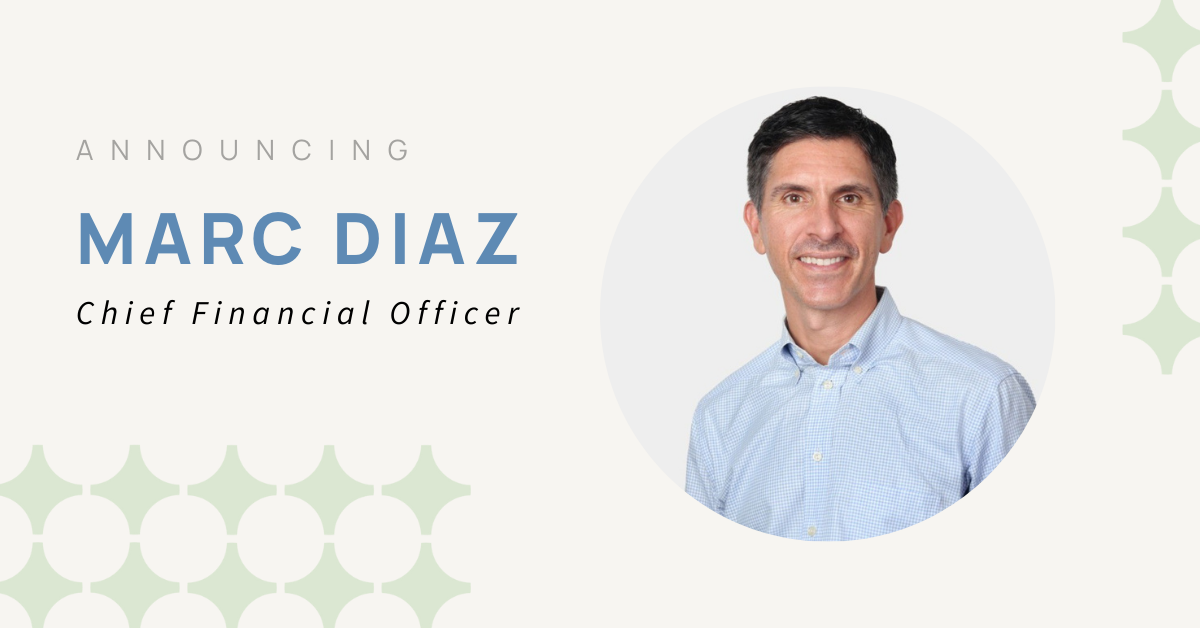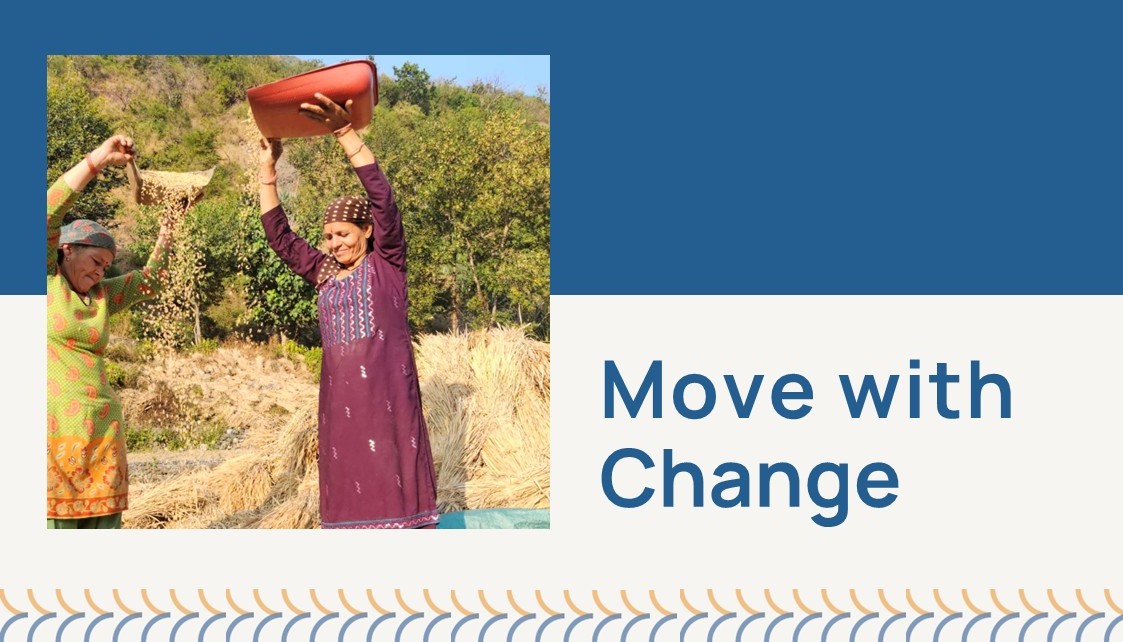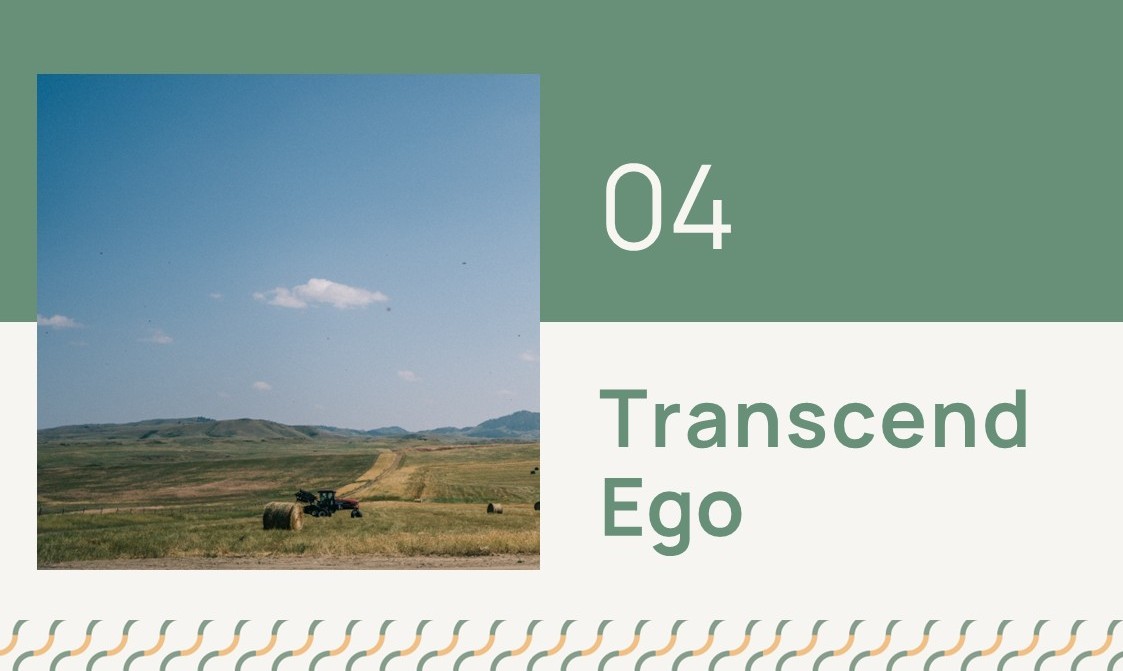In a world in which we have commodified labor, land, and all natural resources, and now capital as well, why should we be surprised that democracy is also for sale? Citizens United has proven this point in the extreme. What has been less noticed or documented is a long-standing stealth campaign to commoditize human identity—the human ego is in many ways the last frontier of commerce. Anyone who doubts this intention should be aware of the following clarion call from the Art Directors Club Annual No. 34 of 1955: “It is now the business of advertising to manufacture customers in the comfort of their own homes.”
We cannot seek the antidote to this invasion in social isolation. Self-reflection is an important tool of self-knowledge, but self-knowledge is meaningless without the reciprocal knowledge reflected back to each of us from the world. In some ways we serve each other as awakeners and sanity checkers, and hold each other to accounts so to speak. Another way of looking at this would be that each of us needs to be free in determining a destiny path and vocation, and at the same time find meaningful work in serving others’ material needs. The world of rights and agreements mediates this intersection of the individual and material world, and the collective activity itself is what we call economics—or how we meet human materials needs out of compassionate interdependence. I might venture to say that understanding and transforming how we work in the world economy, even in its most local or regional expression, is itself a threshold to restoring, preserving, or furthering the development of consciousness.
The experience of this transformation acts as preventive counterpoint to what is a kind of virtual identity theft. Money, with all its attendant issues, is nothing more than the barometric instrument of the collective we call world economy. Understand money and the current condition of humanity, and our ability to know ourselves and care for each other is visible in it, for better or worse. Truth is, unless one hews to and hides behind a protected right of privilege, the picture demands profound transformation that centers on the intersection of money and spirit. This is work that no one other than each of us can do for ourselves, and even better to be done in community so that we can support others as they support us. If we do not rise to this challenge, we risk the human birthright and inner work of spiritual freedom and step instead onto a path of slow tyranny.
by John Bloom
John Bloom is the former Senior Director, Organizational Culture at RSF Social Finance.


